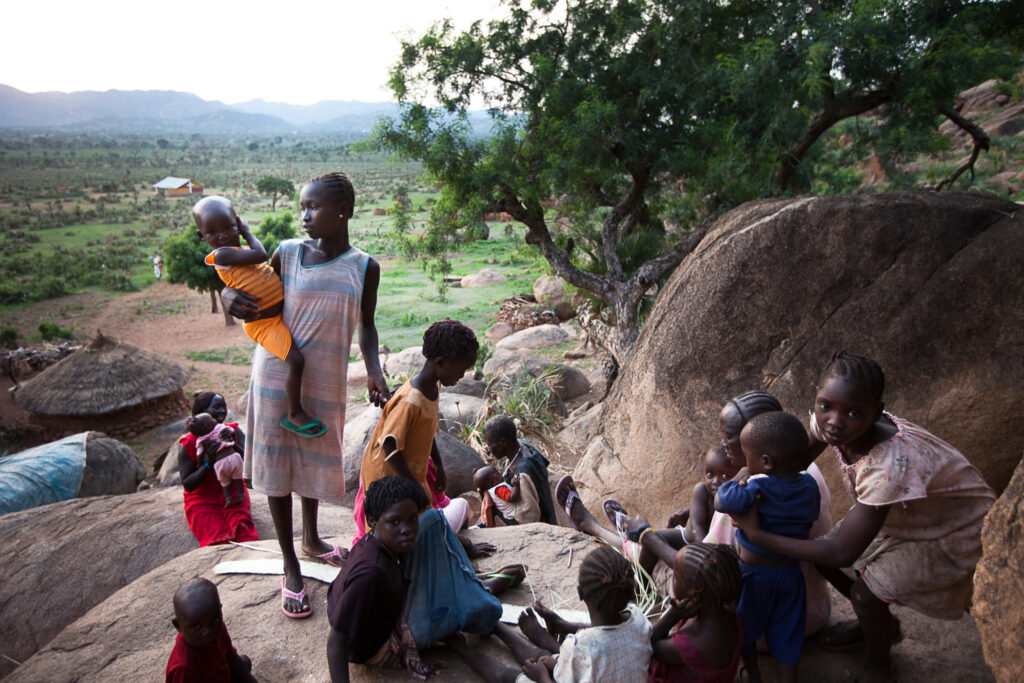The humanitarian situation in the Nuba Mountains and South Kordofan State has deteriorated alarmingly, with the specter of death by hunger haunting thousands—especially children and the elderly. Meanwhile, deadly epidemics such as cholera, dengue fever, and malaria are spreading rapidly across several areas, claiming more lives each day. Chronic malnutrition is also taking a heavy toll as food and medicine run out and families’ financial reserves are depleted.
Due to these dire circumstances, the few hospitals and medical centers that remain operational are struggling to respond to the overwhelming number of emergencies. They are severely overcrowded, with long waiting lines just to receive intravenous fluids.
Malnutrition on the Rise
A resident of Kadugli, Fadil Al-Nour, told Mashaweer that “hunger and disease are ravaging the region daily.” He reported about five recent deaths linked to cholera and malnutrition, along with weakened immunity that is especially affecting children and the elderly.
He added, “Markets are suffering from extreme shortages and skyrocketing prices of all goods. Many neighborhoods have no electricity, water, or health services. We survive by eating seeds and boiling tree leaves to stave off hunger because no food supplies are available.”
Al-Nour explained that “many parents feel helpless, unable to feed their children who wake up crying from hunger at night. Their health is worsening, and some have developed severe malnutrition that can lead to paralysis.”
Diseases and Crises
Haroun Jamea, who recently returned to the city of Dilling, told Mashaweer that “most stranded residents have lost significant weight because they can only manage one meal a day.” He described a surge in acute watery diarrhea accompanied by vomiting—often fatal due to the lack of rehydration solutions.
He continued, “The health situation is catastrophic. Medical centers are overcrowded and unsanitary, while water contamination has triggered the spread of numerous diseases among children, mothers, the elderly, and those with chronic illnesses.”
Jamea added that “in Dilling, which has a high population density, children in particular are suffering from malnutrition due to the lack of clean food and drinking water, while anemia and iron deficiency are widespread among pregnant women.”
Community Kitchens Shut Down
Speaking about the situation in the Nuba Mountains, volunteer Arabi Al-Tayeb told Mashaweer that “community initiatives were able to cover part of the food shortage and regularly assist residents, but with the influx of returnees from displacement and refugee areas, the available aid now meets less than 10% of actual needs.”
He noted that “despite the efforts of volunteers to raise donations and gather food and financial support to keep communal kitchens running, financial hardship has led to the shutdown of most of them.”
Al-Tayeb stressed the urgent need for humanitarian organizations to intervene immediately to save the elderly, those with chronic illnesses, and children from starvation if the current situation continues.
